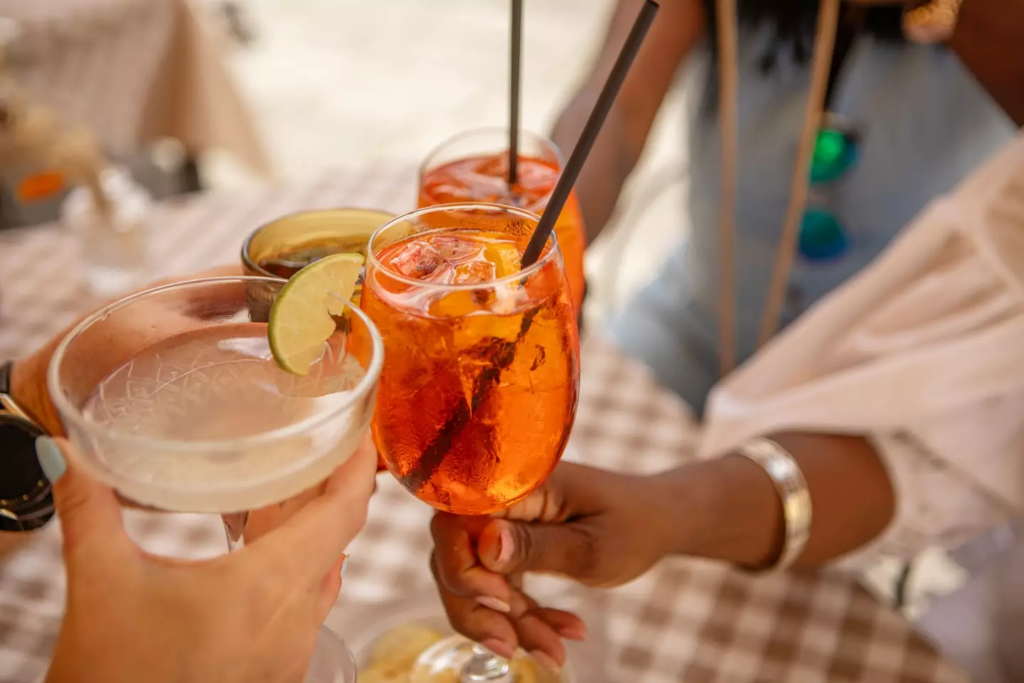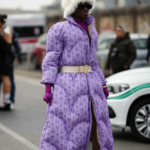Spring Break has long been associated with parties, beaches, and binge drinking. But a rising trend among Gen Z is flipping the script—introducing “dry tripping,” or traveling without alcohol. This wellness-forward movement is growing fast as younger generations opt for sober, meaningful travel experiences over hangovers and bar tabs.
What Is “Dry Tripping”?

Dry tripping refers to vacationing without the use of alcohol, and for many Gen Z travelers, it’s becoming the norm. Micah Dusseau, a 24-year-old from Ohio, told BBC Travel that while he still enjoys going out with friends, he skips the alcohol. “There’s no hangover, so we can stay out at the bars however late we want,” he said.
For travelers like Dusseau and others in their 20s, sobriety isn’t a limitation—it’s a preference that enhances their travel experience.
The Appeal to Gen Z and Millennials
Data from the International Wine and Spirit Research (IWSR) reveals that more than 50% of legal drinking-age Gen Zers in the U.S. haven’t had alcohol in the past six months. This cultural shift is rooted in a broader embrace of mental health awareness, physical wellness, and financial responsibility.
Mary Honkus, a 26-year-old writer in New York, echoed the sentiment: “I can still have so much fun and enjoy myself while in a beautiful location without that alcohol.”
Health and Emotional Benefits
Traveling takes a toll on the body—think jet lag, long drives, and disrupted sleep. Alcohol can exacerbate these effects. By removing booze from the equation, travelers report feeling more rested, energetic, and emotionally balanced. Experts like Victoria Watters of Dry Atlas and Dr. Subhash Pandey from the University of Illinois agree that eliminating alcohol can reduce symptoms of anxiety and depression during travel.
According to the National Institutes of Health, high alcohol consumption is linked to temporary depression and anxiety. So for many, dry tripping doesn’t just improve the body—it benefits the mind.
Businesses Are Catching On
Hotels, airlines, and cruise lines are increasingly offering non-alcoholic options to meet this growing demand. Delta, JetBlue, and Alaska Airlines all provide mocktails and non-alcoholic beers. Virgin Voyages and Disney Cruise Line are revamping their menus to include creative, alcohol-free drinks.
Hilton and Marriott hotels now feature curated mocktails using brands like Lyre’s, while Fairmont properties have added alcohol-free beverages to both bar and restaurant menus. Beverage directors are recognizing that Gen Z expects healthier options even while on vacation.
The Influence of Social Media and Sober Curiosity
Platforms like TikTok have become fertile ground for the sober travel conversation. Travelers share their alcohol-free adventures, mocktail recipes, and wellness routines, making dry tripping a culturally visible—and aspirational—lifestyle choice.
Author and non-alcoholic event curator Hilary Sheinbaum notes that this movement challenges traditional travel expectations. “Sober curiosity isn’t just a fad,” she said. “It’s here to stay.”
The UK Leads the Way
While the U.S. is rapidly catching up, the UK has long been a hub for alcohol-free innovation. It’s where Dry January began and where travel companies like “We Love Lucid” promote sober tourism. This proactive approach has inspired similar efforts stateside as more Gen Zers prioritize experience over excess.
As travel evolves post-pandemic, dry tripping is emerging as a transformative trend. With wellness at the forefront, the next era of Spring Break may look less like a party and more like a mindful escape.
Category: Travel & Leisure, Health & Wellness
Tags: dry tripping, Gen Z travelers, sober travel trend, spring break 2025, alcohol-free holidays, mocktail menus, wellness tourism, health-conscious travel, sober curiosity, non-alcoholic experiences









